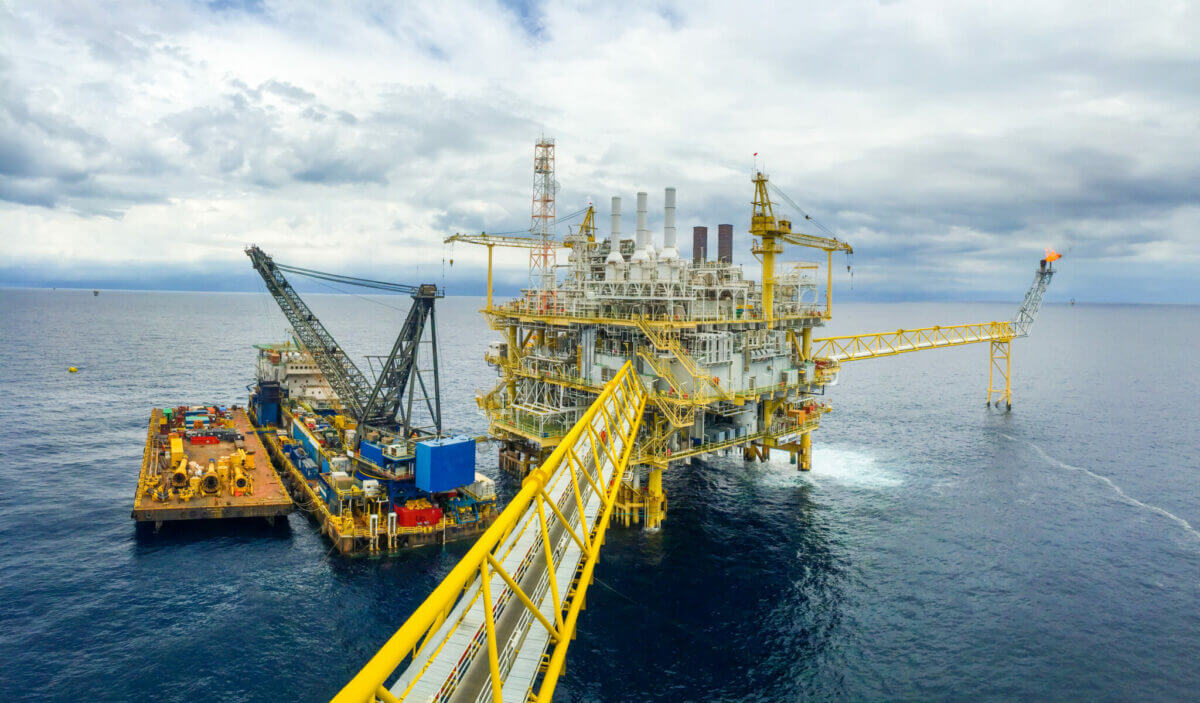Post by: PocketOption on May 06, 2022, 05:11 am

Oil Prices Extended Gains
On Thursday, oil prices rose on supply fears after the European Union announced more sanctions against , including a six-month oil embargo, countering concerns about weakening Chinese demand.
Brent crude was up 36 cents, or 0.3 percent, to $110.50 per barrel. West Texas Intermediate crude in the United States increased 4 cents, or less than 0.1 percent, to $107.85.
On Wednesday, both benchmarks climbed more than $5 per barrel.
The sanctions proposal requires unanimous support from the EU’s 27 member states; it includes a phase-out of n refined product imports by the end of 2022; moreover, a ban on all shipping and insurance services for the transportation of n oil.
The planned EU oil embargo poses a significant logistical problem to the oil markets.
In the face of sanctions, re-routing n oil from Europe to receptive clients in Asia is already tricky; in fact, it’s so bad that has recognized its output would fall dramatically.
Japan stated it would be impossible to shut off n oil imports immediately due to the invasion of e. Meanwhile, the OPEC+ production group should agree to moderate increases in oil output when it meets on Thursday; according to it, it is not responsible for geopolitics or supply interruptions.
OPEC Secretary-General Mohammad Barkindo reaffirmed that other suppliers would be unable to replace n production; however, he expressed concern about reducing demand for transportation fuels and petrochemicals in the world’s largest importer, China, due to the COVID-19 lockdowns.
According to a private-sector poll released on Thursday, China’s services sector activity dropped at the second-fastest rate in April due to pandemic measures.
Surging oil prices have given Iran’s energy-dependent economy a breather. As a result, according to three individuals familiar with Tehran’s thinking, its religious rulers are in no hurry to resurrect a 2015 nuclear deal with foreign powers to relieve sanctions.
The post Oil Prices Extended Gains appeared first on FinanceBrokerage.
Source: Oil Prices Extended Gains (https://www.financebrokerage.com/oil-prices-extended-gains/)